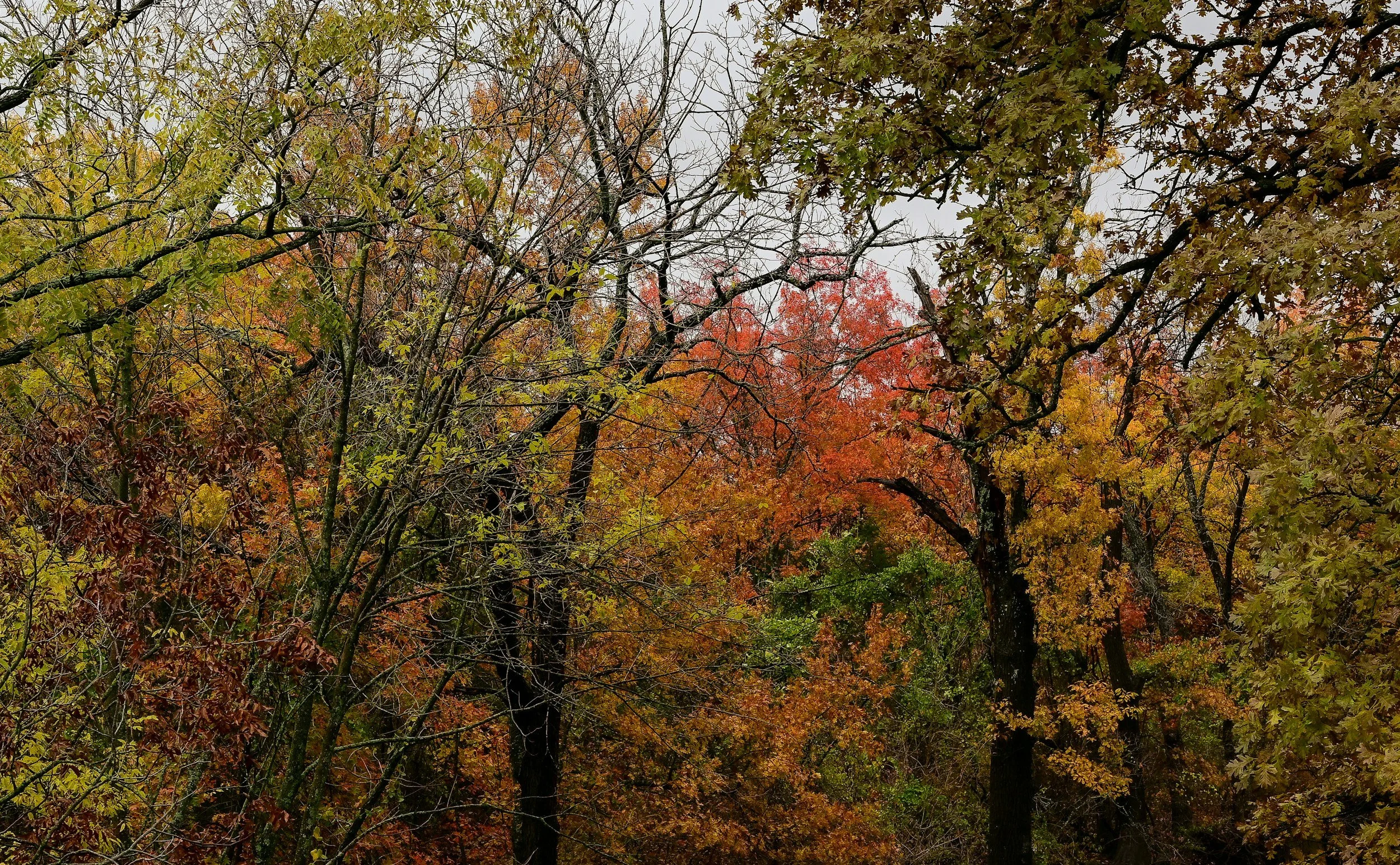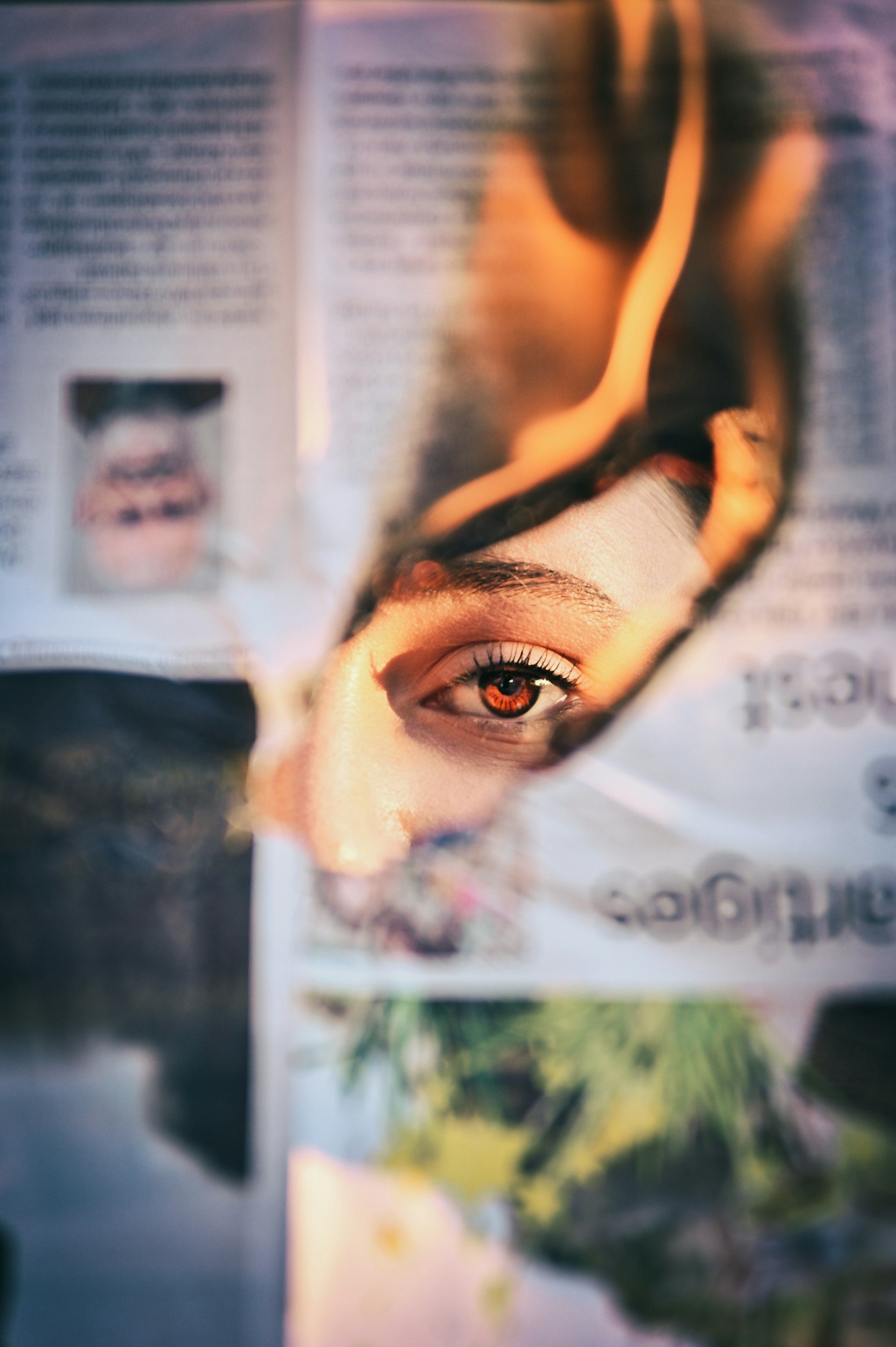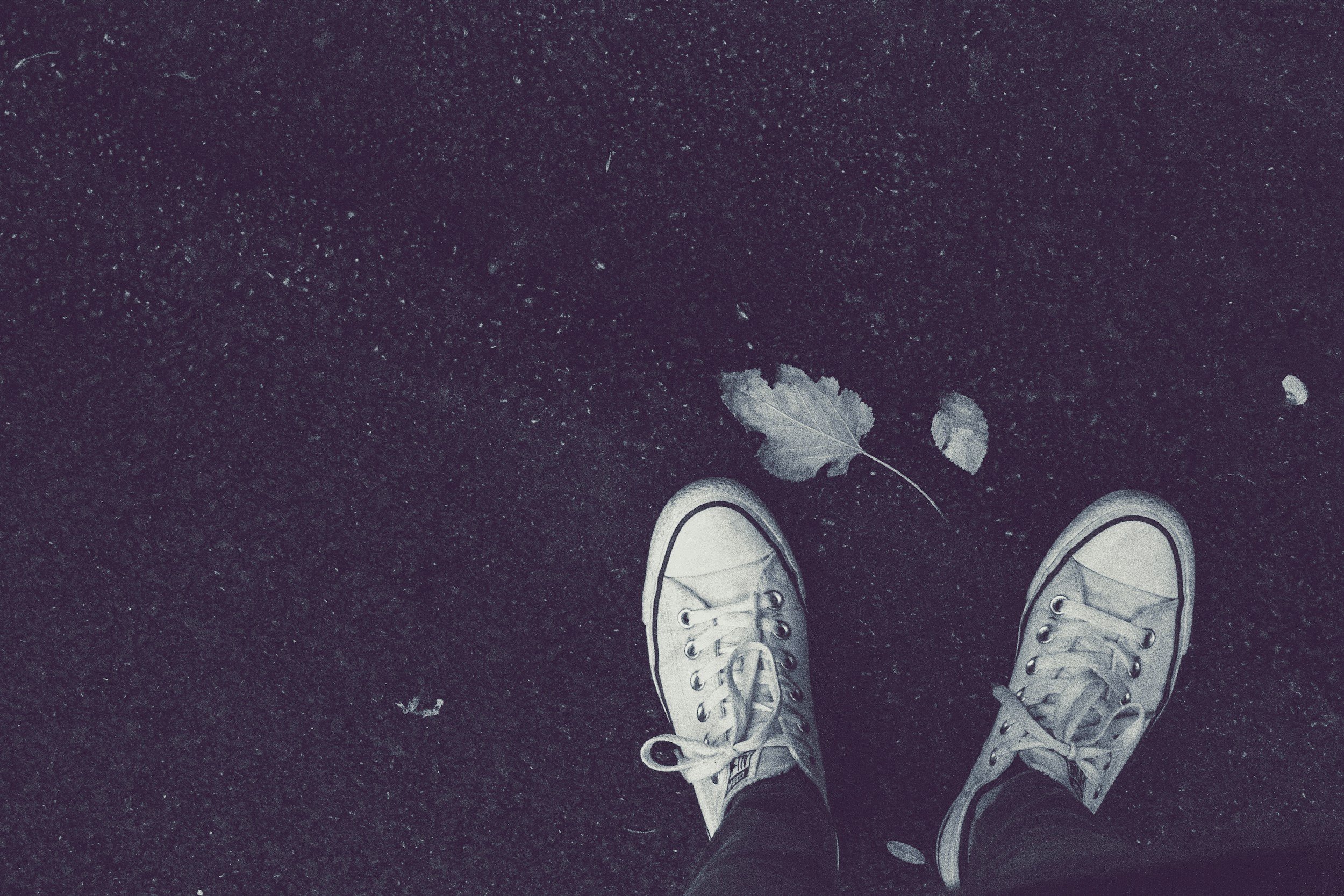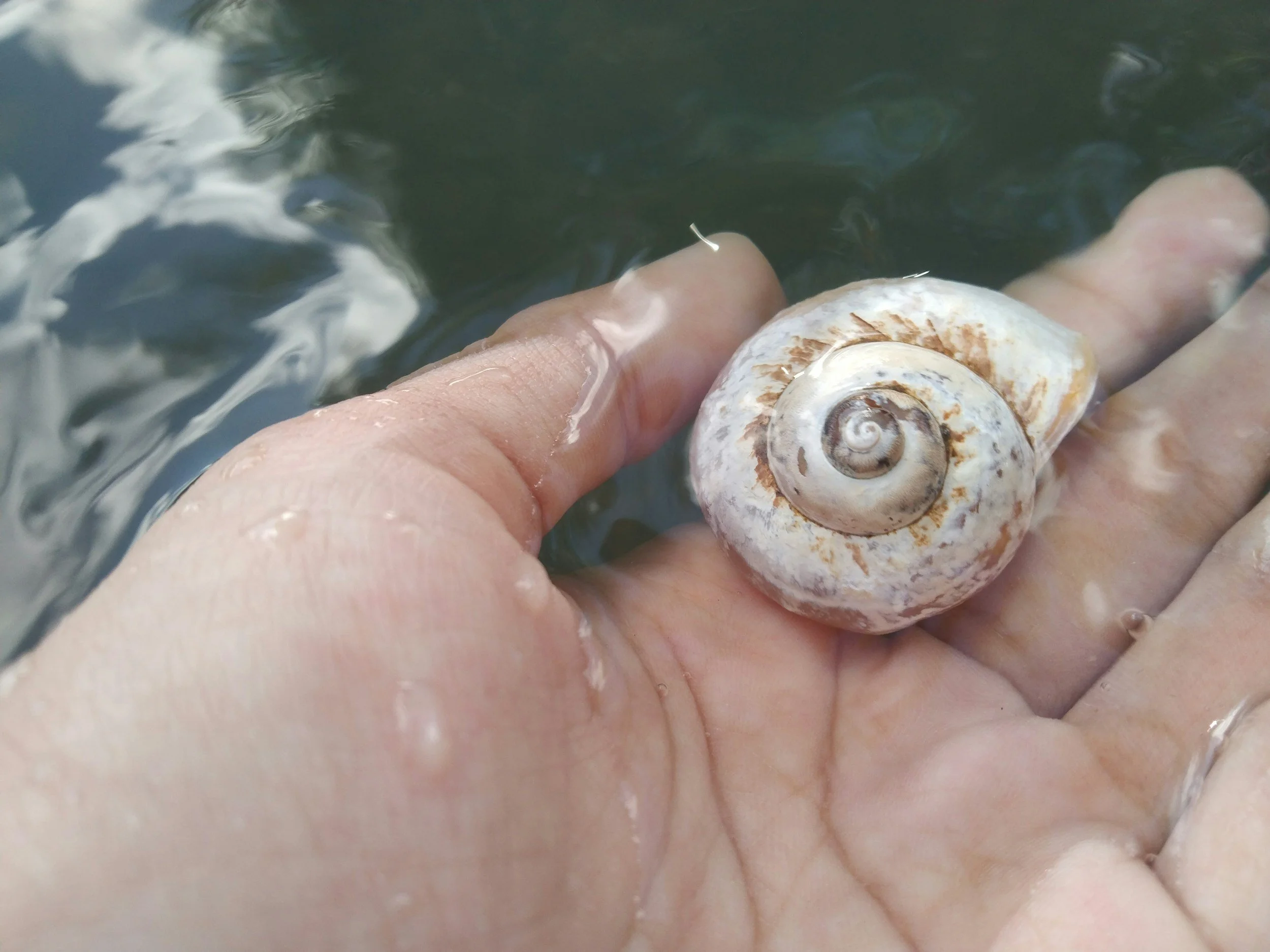Cold Water
After running around in the heat of a South Carolina sun all day, I didn’t think there was anything that could scare you. We wandered from pier to pier, picking up nearly every shell on the shores of Myrtle Beach and kicking over abandoned sand castles. After a long day of pink streamer bike rides and arcade bubble gum, it was time to rinse off the day and rinse the sand out of our Kool-Aid dyed hair.
I wondered why you screamed so loudly, a shrill, plate shattering shriek. It echoed against the bathhouse sky lights, only being released by the small cracks in the baby-blue cinder-block walls. You were afraid of bugs, and the campground we were staying in, Lakewood, had plenty. We were digging through sand on the shore earlier that day, collecting mussels and seaweed, and lying on creaky lounge chairs, trying to get a tan. You were unafraid of sunburns and sand and boys, but forget about grasshoppers or pill bugs. But we were in the middle of the week-long trip, so I wondered what beast must have barged its way in.
“Get out!” I heard you scream.
I slipped on my flip flops and grabbed my Bratz beach towel, thinking that if something was wrong, I didn’t want to die with tan lines showing. My hair stuck to my back as I rushed to your shower stall, my shoes sliding on the tile floor. I found your door standing wide open, the paint chips had fallen like snow, and saw the main entrance slam shut. A man was running out. I found you, huddled in the corner of the shower stall, trying to make a cover-up out of a washcloth. We were barely thirteen.
There was one other woman there, a mom who was tent camping just a few sites away, and she questioned and consoled you as I stood frozen, with sand still stuck to my legs. I stared down at my feet to avoid making you feel any worse. I knew that you hated when people watched you cry.
He was there, you said, crouched on his feet after he crawled under the wooden stall door. You said he raised his fingers to his lips, telling you not to make a sound. I wondered what would have happened if you listened. Would the man have come after me next? Or the other woman? But the woman walked us back to our campsite with my parents sitting outside under the indigo striped RV awning, just a few sites away, unknowing of what we would have to explain.
My mom’s face was a deflating balloon; her eyes sank like heavy fishing lures. My southern Appalachia, talk-radio-conservative dad began circling the grounds in his Dodge, saying that he’d be lucky if campground security found the man first. Of course, I knew that he was serious. They told us that the man probably walked down the beach and thought the women’s bathhouse would be an easy target. But all you could report about the man was that he had blonde hair and was wearing cargo shorts.
I often wonder if you still think about this day too. In your medical program, do you learn about the sympathetic nervous system, activated by cold water and cold men alike? Do you still tend to freeze? Throwing signals on the backs or neurons and then to nerve cells, do you learn about pupils enlarging to let light in, enhancing vision? About your digestive track slowing and diverting energy elsewhere, where it might be more useful?
Letting out the highest pitch your vocal chords could manage, our bodies know how to protect themselves without a thought. By the time we learned to listen to men a little better and take our clothes off with more ease, we were years older and hundreds of miles apart.
Men want. It is the same want that rears its head in looks held too long, in empty stairwells, in loosely latched dressing rooms, and behind concrete pillars in parking garages, where you hold a key between each finger in a fist.
-Susanna Skelton
Susanna Skelton (she/her) is an emerging poet currently pursuing an MFA at Western Kentucky University. Susanna earned her Bachelor of Arts from The University of Tennessee at Chattanooga, and when she’s not writing or teaching, she can be found browsing the aisles of thrift stores or taking care of her beloved cat, Phoebe. Hailing from the mountains of East Tennessee, she hopes to shine light on other creatives from Appalachia. Susanna has had work featured in Eclectica Magazine, The Attic by Atticus Review, Stonecrop Magazine, and others.



















